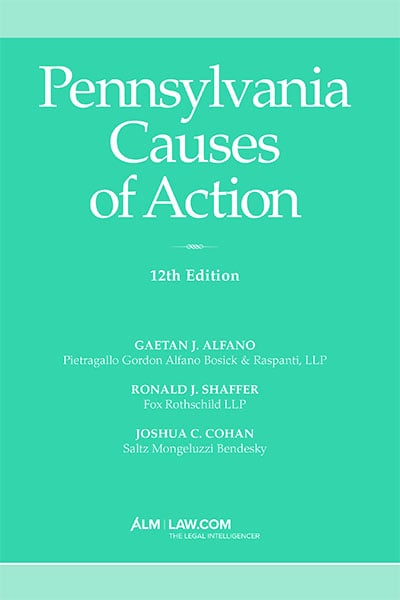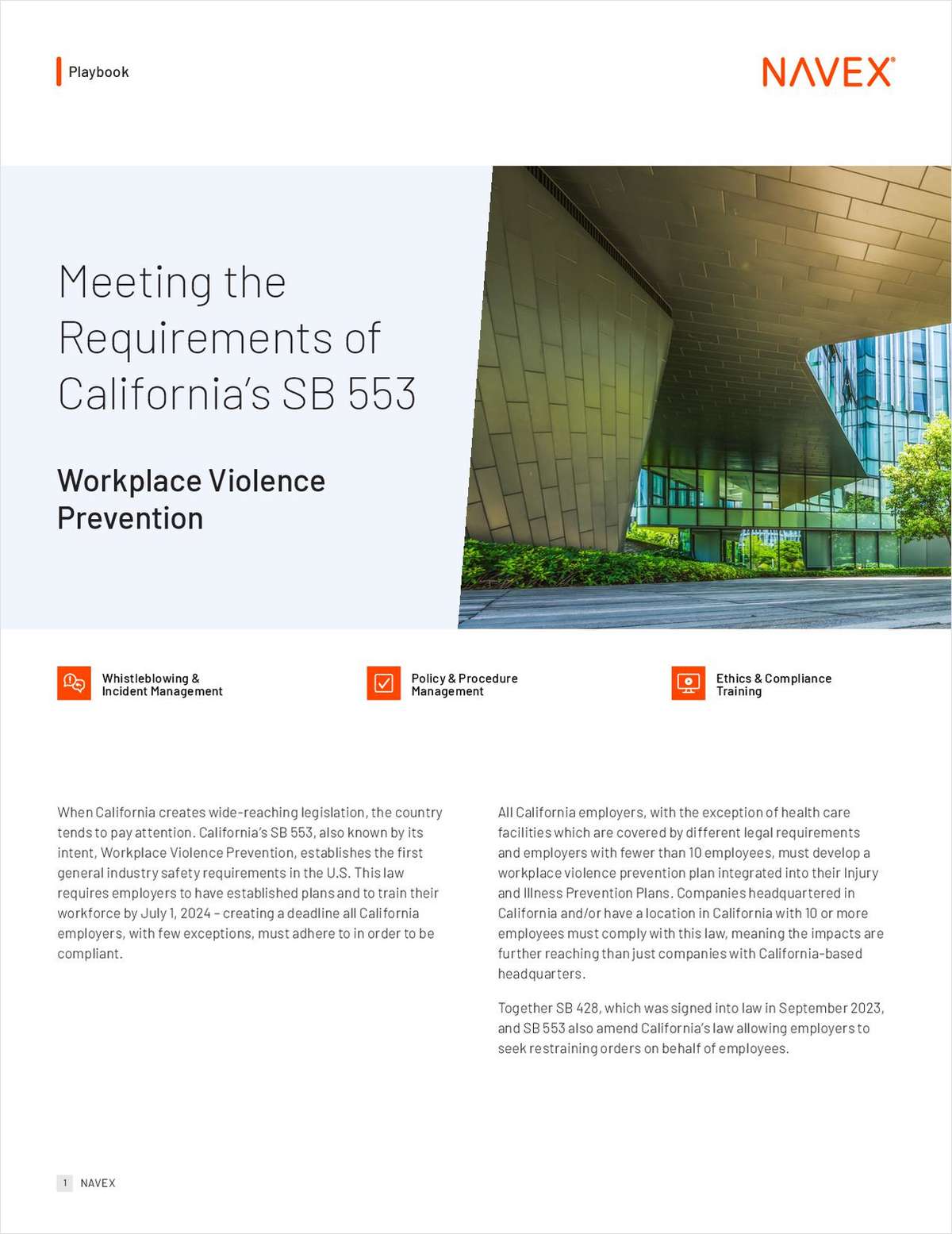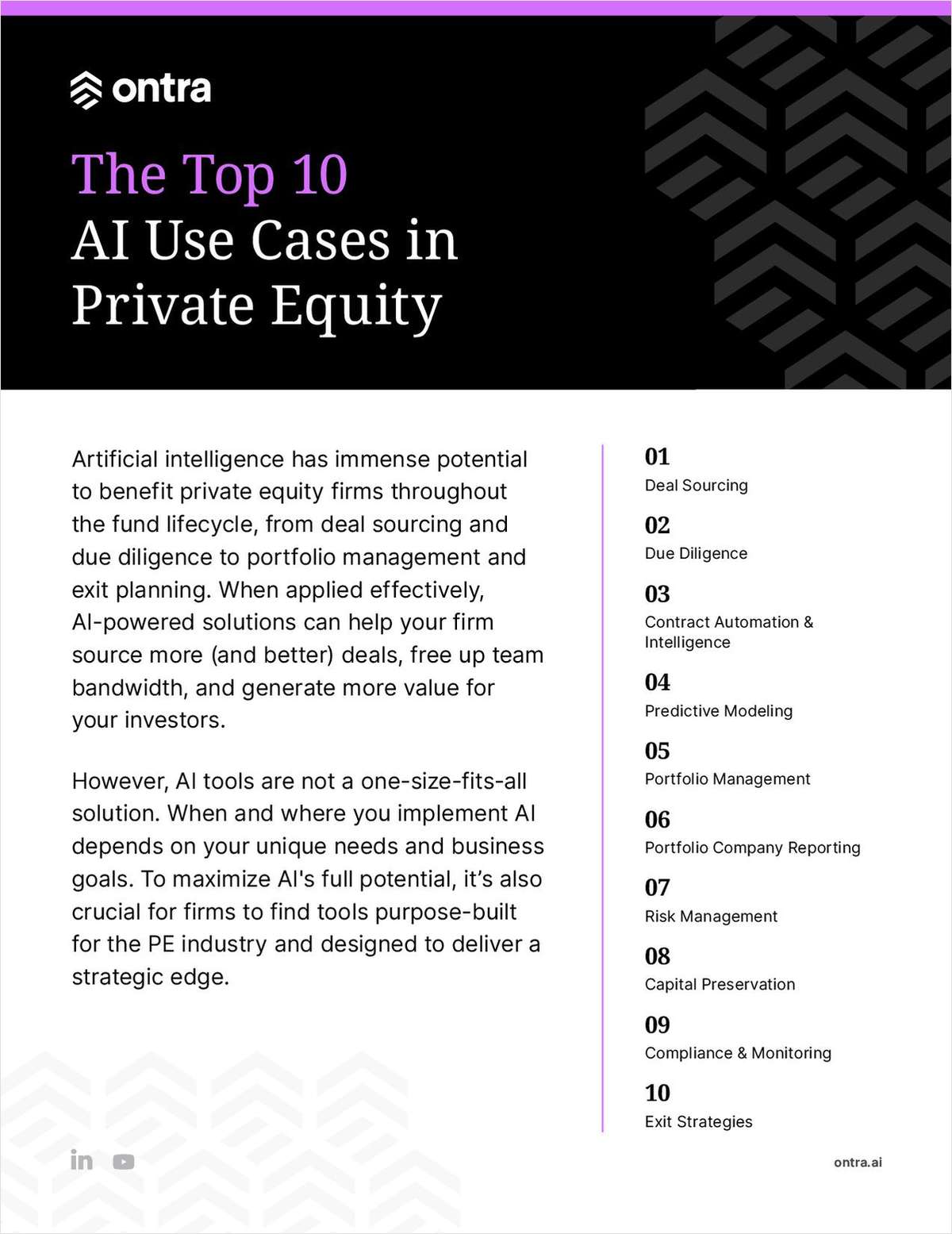0 results for 'undefined'

Arbitration Enforcement up to Arbitrator, Federal Judge Rules
An arbitrator -- and not the courts -- must decide whether to enforce an arbitration agreement where one side claims the other violated a promise to meet and confer before seeking arbitration. A U.S. District Court judge in Philadelphia ruled that a court can only refuse to stay the arbitration proceedings if it finds either that the issue is not subject to arbitration, or the party has not agreed to arbitrate its claims.

For Litigator, Career Move Is All Relative
Jonathan M. Shapiro was at that familiar crossroads in his career as an attorney. He had spent five years with a large law firm-Day Pitney-and needed to decide whether he was willing to invest the time and effort to obtain a partnership position. He considered what was best for his wife and their 15-month-old daughter and whether it was worth living in Stamford to be close to his office but farther away from his extended family in the central part of the state.
Making Room for Rooftop Wireless Antennas in New York
David E. Bronston, a member of Cozen O'Connor, and Paul J. Proulx, an associate at the firm, write: While seemingly everyone utilizes a wireless telephone in one way or another, the infrastructure necessary to support such services, like most types of infrastructure, is often subject to a "Not in My Backyard" reaction. In the case of wireless roof antenna installations, local reaction is most aptly described in the words used by Supreme Court Justice Alan D. Scheinkman, who, in a recent Westchester County decision, characterized the case before him as a "Not on My Roof" dispute.
All eyes on high court property cases
Landowners, businesses and governments around the country are watching closely a trio of cases in the U.S. Supreme Court with the potential to make this term the most important property rights term in nearly two decades.View more book results for the query "*"


Scrushy Lawyers Argue Sarbanes-Oxley Law Too Vague
Former HealthSouth CEO Richard Scrushy asked a federal judge Wednesday to throw out a key part of his indictment, saying a 2002 law aimed at clamping down on corporate fraud is unconstitutionally vague. Attorneys for the ousted chief of the rehabilitation giant also argued that the Sarbanes-Oxley Act puts corporate officers in an unfair position. Scrushy last year became the first chief executive charged under the law.
Rutgers Sued for Freezing Monies From Fundraiser
Pro-Palestinian activists are suing Rutgers University over its refusal to disburse monies collected in a campus fundraising event.
Allen & Overy Advising Sinopec Engineering on IPO
The unit of Chinese state-owned oil giant Sinopec Group is aiming to raise $2.7 billion through its Hong Kong listing.On Friday a federal district court jury in Frankfort, Kentucky, convicted two of the three plaintiffs lawyers accused of scamming 440 Kentuckian fen-phen plaintiffs on nine counts, including wire fraud and conspiracy. Their trial featured testimony from famed Cincinnati plaintiffs lawyer Stanley Chesley, who was paid $20 million for his role in the case and appeared under an immunity agreement with the government.

Oregon high court reaffirms $79.5M award in Philip Morris case
PORTLAND, Ore. AP - The Oregon Supreme Court for a third time has allowed a $79.5 million punitive-damages judgment against Philip Morris, an award twice struck down by the U.S. Supreme Court, which suggested it was excessive.The award was for the family of Jesse Williams, a former Portland janitor who started smoking during a 1950s Army hitch and died in 1997 six months after he was diagnosed with lung cancer.Trending Stories
- 1The Law Firm Disrupted: Playing the Talent Game to Win
- 2A&O Shearman Adopts 3-Level Lockstep Pay Model Amid Shift to All-Equity Partnership
- 3Preparing Your Law Firm for 2025: Smart Ways to Embrace AI & Other Technologies
- 4BD Settles Thousands of Bard Hernia Mesh Lawsuits
- 5A RICO Surge Is Underway: Here's How the Allstate Push Might Play Out
Featured Firms
Law Offices of Gary Martin Hays & Associates, P.C.
(470) 294-1674
Law Offices of Mark E. Salomone
(857) 444-6468
Smith & Hassler
(713) 739-1250
More from ALM
- Morgan & Morgan Class Action Attorneys Detail Pathway to Success Within Cybersecurity and Data Privacy Practice 1 minute read
- Holwell Shuster & Goldberg Partners Leverage 'Hostile' Witnesses to Secure $101 Million Verdict Against Walmart 1 minute read
- Legal Speak at General Counsel Conference Midwest 2024: Mike Andolina, Partner, White & Case 1 minute read
Resources

Strong & Hanni Solves Storage Woes--Learn How You Can, Too
Brought to you by Filevine
Download Now

Meeting the Requirements of California's SB 553: Workplace Violence Prevention
Brought to you by NAVEX Global
Download Now

The Benefits of Outsourcing Beneficial Ownership Information Filing
Brought to you by Wolters Kluwer
Download Now

The Top 10 AI Use Cases in Private Equity
Brought to you by Ontra
Download Now



